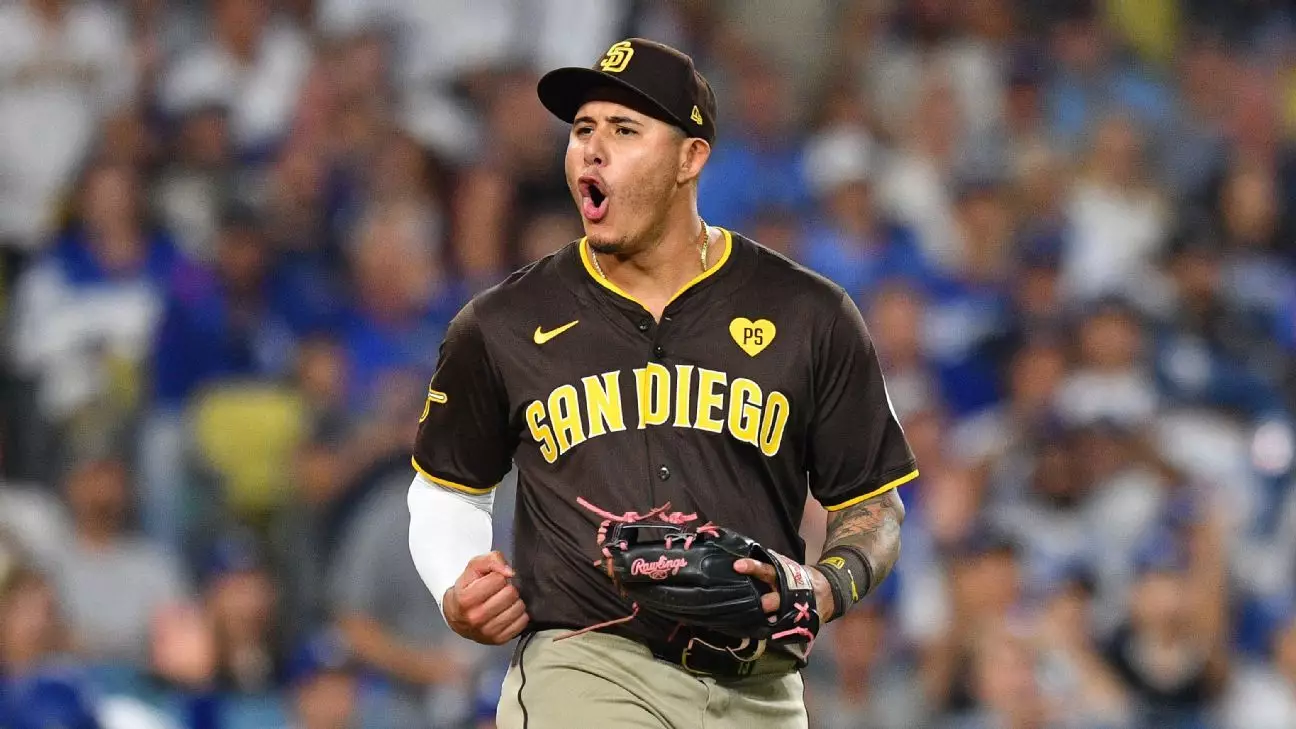In sports, the dynamics between rival teams can often ignite intense discussions, especially when emotions run high, as seen in the recent clash between the San Diego Padres and the Los Angeles Dodgers. Padres manager Mike Shildt’s impassioned defense of star player Manny Machado shines a light on a critical aspect of sportsmanship and team loyalty. Shildt’s comments, prompted by Dodgers manager Dave Roberts’ remarks regarding Machado’s actions, speak volumes about the camaraderie and respect fostered within a team, as well as the challenges posed by public scrutiny.
Shildt refrained from criticizing Roberts or adjusting his narrative to fuel the rivalry, emphasizing the importance of maintaining respect for opposing players. In doing so, he showcased a fundamental tenet of sports: honoring the game and its participants. His choice of words to defend Machado reflects not only a commitment to his player but also a broader ethos of unity and professionalism. The invocation of players like Roberto Clemente as a moral compass further underscores the significance of integrity both on and off the field.
The incident in question revolved around an unexpected throw from Machado that landed perilously close to the Dodgers’ dugout during Game 2 of the National League Division Series. Fans threw objects onto the field, leading to a charged atmosphere, and Machado’s decision to take action drew criticism. However, Shildt remained steadfast, asserting that the throw was not a targeted act but instead exemplified Machado’s remarkable skill and quick thinking. This incident serves as a reminder that, in heated moments, perceptions can be skewed, and intentions misconstrued.
As MLB internally reviewed the situation, the lack of disciplinary action against Machado indicated a desire to preserve the integrity of the game rather than allowing external pressure to dictate outcomes. This decision reflects a growing recognition of players’ agency in navigating intense competitive environments, reinforcing the notion that misunderstandings should not overshadow individual accountability.
As the series progresses into a high-stakes environment back at Petco Park, both teams are acutely aware of the stakes involved. Dodgers player Max Muncy’s remarks regarding maintaining focus amidst the surrounding fervor resonate deeply. He highlighted the potential pitfall of letting the Padres capitalize on emotional momentum, a critical factor in sports where psychology and performance often intertwine.
Creating a charged atmosphere is a double-edged sword; while it can energize a home crowd, it can also cloud judgment if players become too entangled in the rivalries. As Muncy aptly notes, the key lies in internal focus, ensuring that teams remain centered on their game strategy rather than becoming reactive to the environment.
The ongoing series between the Padres and Dodgers exemplifies the complexity of sports where passion meets principles. Shildt’s defense of Machado is emblematic of a larger narrative that transcends individual actions, spotlighting teamwork, respect, and leadership. In a world where every play is subject to examination, it becomes crucial for players and managers alike to uphold their values, both within and beyond the confines of the field. As rivalries heat up, it is the balance between emotional investment and respect for the collective spirit of the sport that will ultimately define this memorable postseason saga.

Leave a Reply